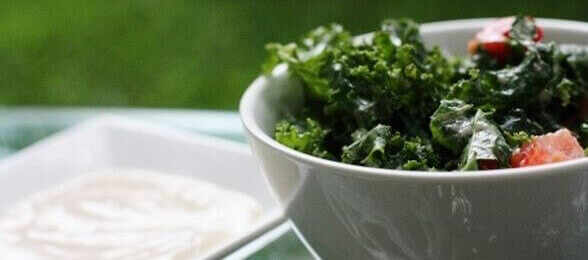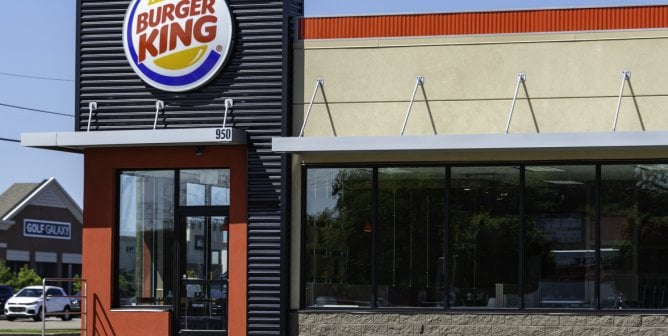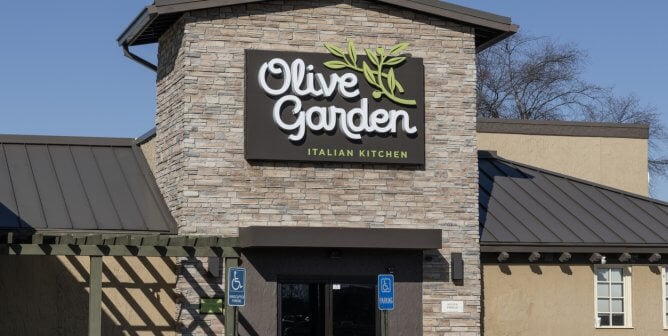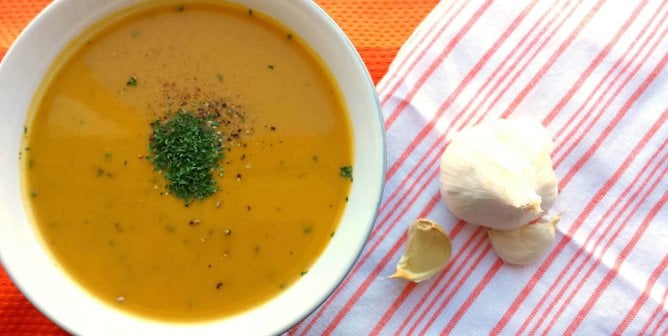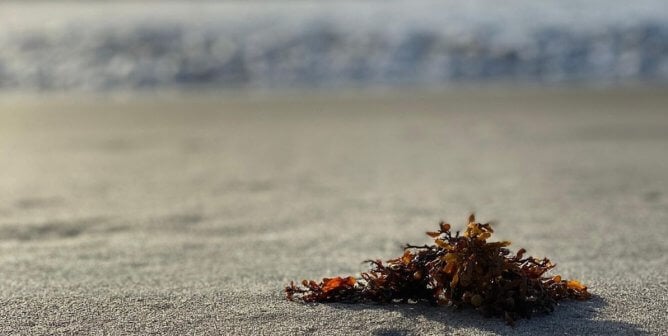If you want to reap the health benefits of vegan eating—normal blood pressure, lots of energy, and a reduced risk of developing heart disease, diabetes, and certain types of cancer—you should eat a variety of fruits, veggies, beans, whole grains, and other wholesome plant-based foods. Big surprise, huh?
Luckily, plant-based foods can meet all your nutritional needs. If you incorporate the following nutrients into your daily meals, you’ll be a gold-medal vegan:
Plant-Based Protein
Almost every food contains protein, so it’s nearly impossible not to get enough if you’re consuming an adequate amount of varied calories. Many protein bars and powders, such as Nuzest’s Clean Lean Protein, are packed with protein and essential multivitamins to make being a healthy vegan that much easier. Check out these protein-packed vegan foods and this handy infographic that explains all you need to know about plant-based protein.
Here’s a protein-rich recipe from Vegan Richa:
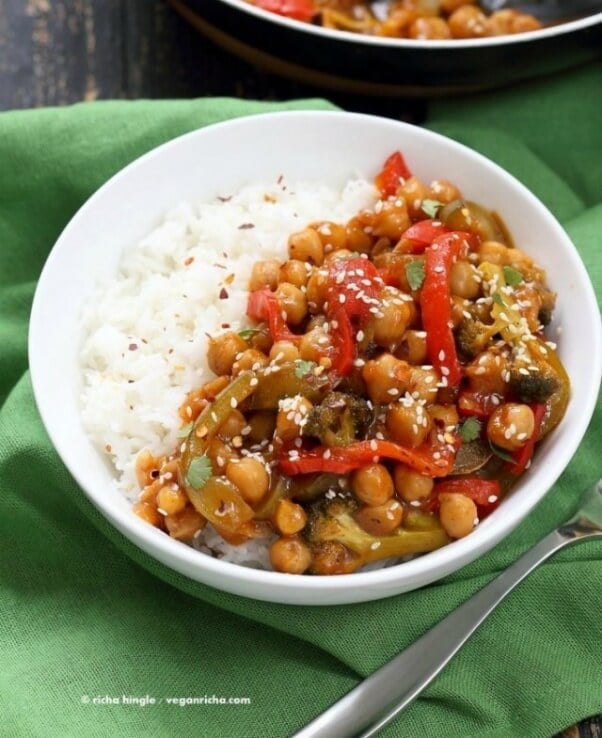
Fish-Free Omega-3s
Omega-3 fatty acids are essential for heart, brain, skin, and joint health. Fortunately, you can get them without all the cholesterol and toxins found in fish. Flaxseeds, walnuts, and canola oil are good vegan sources of the omega-3 ALA. It’s also a good idea to take vegan DHA capsules, which contain omega-3s derived from algae (which is where fish get it from!). Check out our guide to vegan omega-3s here.
Walnuts, pasta, and basil all contain omega-3s, making this Oh She Glows recipe a real dream dish:
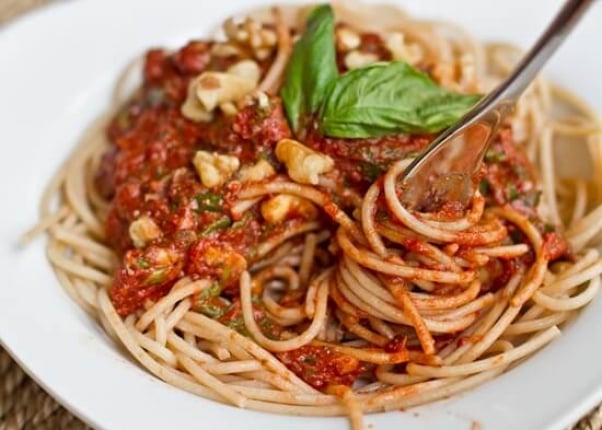
Vitamin B12 for Vegans
Leading health experts encourage everyone to take a multivitamin or supplement to get ample amounts of vitamin B12. It’s also found in fortified nutritional yeast, some supermarket cereals, and fortified soy and rice milks as well as in some vegan meats. (Click here to learn more about vitamin B12.)
This Cheesy Broccoli Cauliflower Rice by Blissful Basil adds nutritional yeast to the mix:
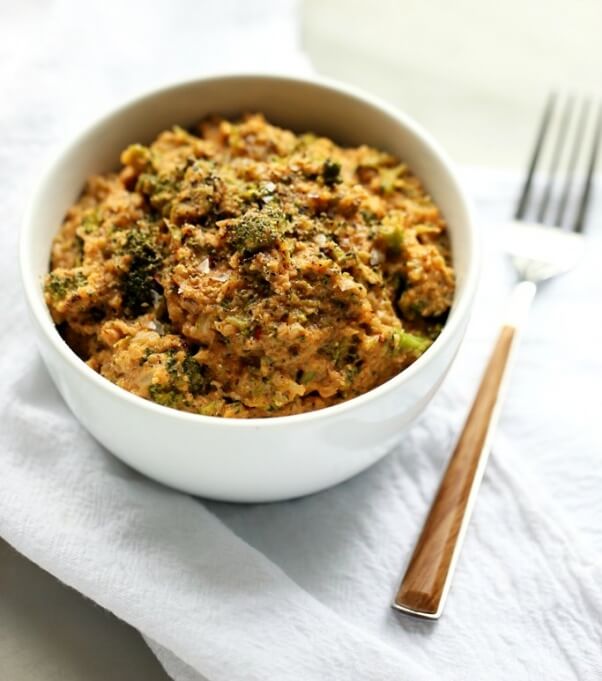
Calcium Plus Compassion
Cows don’t have to suffer in order for people to get calcium. It’s abundant in collard greens, kale, broccoli, beans, sesame tahini, and almonds. (Here are 50 ways to incorporate kale into your next meal.) It can also be found in calcium-fortified soy or rice milk, orange juice, and some brands of tofu. For a complete guide to vegan calcium, check out this page.
Here’s a calcium-packed vegan recipe from A House in the Hills:
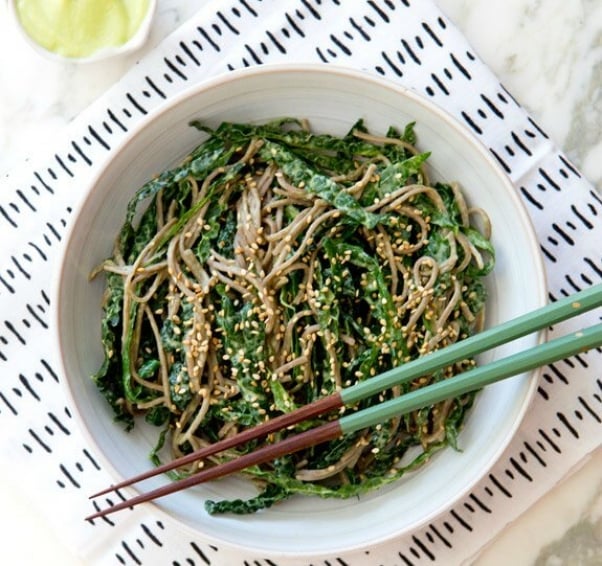
Our bodies need vitamin D to absorb calcium, which brings us to the next point.
Vitamin D, the Sunshine Vitamin
Sunshine is one of the best sources of vitamin D. Many brands of nondairy milks contain some calcium and vitamin D, as do some brands of fortified orange juice. Tofu and mushrooms are also rich in this necessary vitamin. To learn more, check out these five ways to get more vitamin D.
Try this mouthwatering portobello burger recipe by John Schlimm:
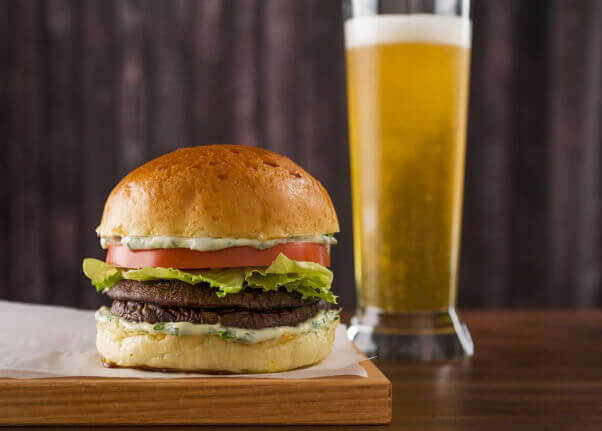
Iron to Make Popeye Proud
Spinach is rich in iron, so eat it heartily. Other iron-rich foods include beans, black-eyed peas, lentils, chickpeas, oatmeal, dried fruits, nuts, sunflower seeds, nutritional yeast, molasses, and grains such as quinoa and millet. Vitamin C helps increase iron absorption, so for optimal health benefits, consume foods that are rich in both, such as dark-green leafy vegetables.
Check out our yummy recipe for this Spinach and Artichoke Dip Cups appetizer:
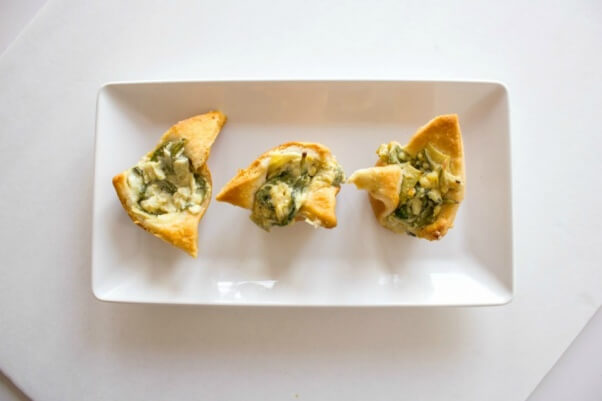
If this article is making you question your current lifestyle, then we have just the thing for you: our free vegan starter kit, with tips and information about going vegan. For animals, the environment, and your health, order one today.
Text VEG to 73822 to get the latest vegan lifestyle tips, recipes, and urgent action alerts texted right to your phone.
Terms for automated texts/calls from PETA: https://peta.vg/txt. Text STOP to end, HELP for more info. Msg/data rates may apply. U.S. only.

